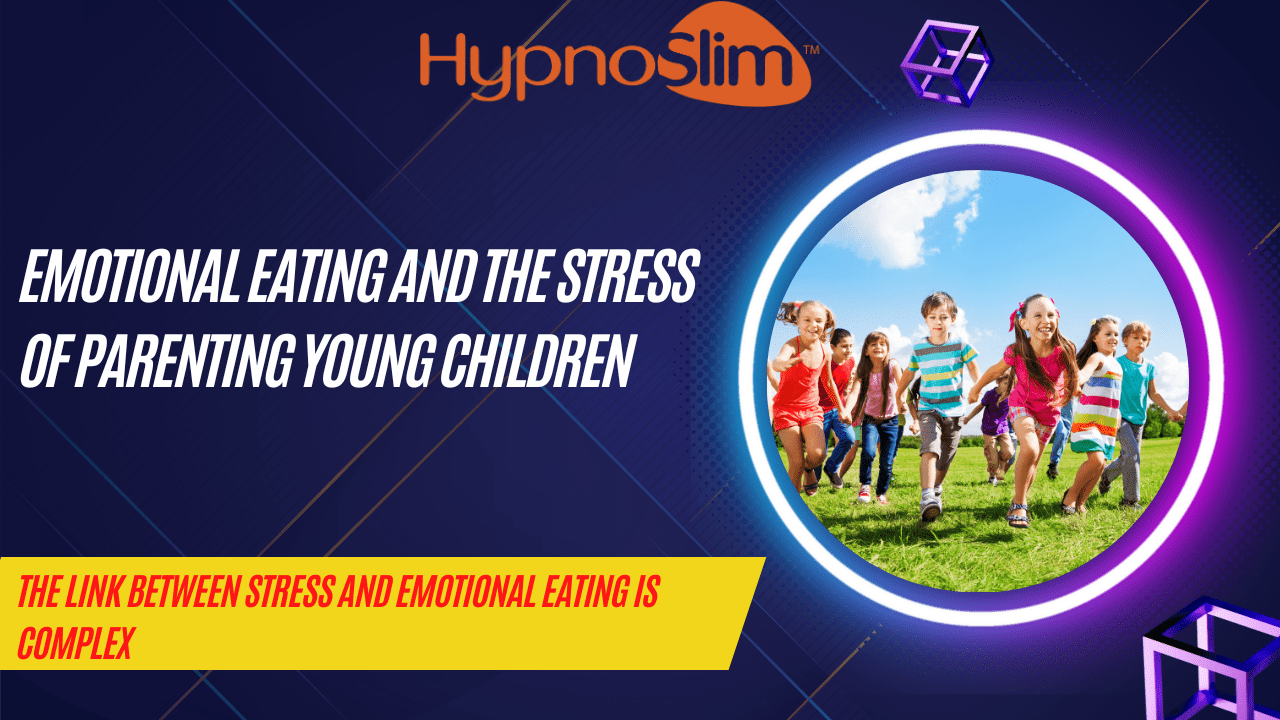Parenting young children can be an incredibly rewarding experience, but it also comes with its fair share of challenges. One such challenge is the constant stress that parents face, which can sometimes lead to emotional eating. In our clinic, we have seen a very common relationship between emotional eating and the stress of parenthood, specifically among parents of young children.
Parenthood, especially during the early years of a child's life, can be physically and emotionally demanding. The responsibilities of caring for a young child, coupled with sleepless nights, lack of personal time, and the pressure to meet societal expectations, can leave parents feeling overwhelmed and stressed. In such situations, many parents turn to food as a way to cope with their emotions.
Emotional eating, also known as stress eating or comfort eating, is the act of consuming food as a response to emotional triggers rather than physiological hunger. It often involves reaching for high-calorie, sugary, or fatty foods that provide temporary comfort and relief from stress. However, this behaviour can lead to a vicious cycle, where parents may feel guilty or ashamed about their eating habits, causing further emotional distress.
The link between stress and emotional eating is complex. Stress triggers the release of cortisol, a hormone that can increase appetite and cravings for unhealthy foods. Furthermore, the act of eating can stimulate the brain's reward system, leading to a temporary mood boost. Consequently, parents may find solace in food when faced with the overwhelming demands of parenting.
It is important for parents to recognise and address their emotional eating patterns. Engaging in healthier coping mechanisms, such as exercise, meditation, or seeking support from friends and family, can be beneficial in managing stress. Building a support network and finding time for self-care is crucial for parents to prioritise their own emotional well-being.
The Stress of Parenting Young Children
Parenthood can be a journey filled with love, joy, and occasional challenges. The stress of parenting young children can contribute to emotional eating as a coping mechanism. By acknowledging the connection between stress and emotional eating, parents can take proactive steps towards healthier coping strategies, ultimately fostering a more balanced and fulfilling parenting experience.
